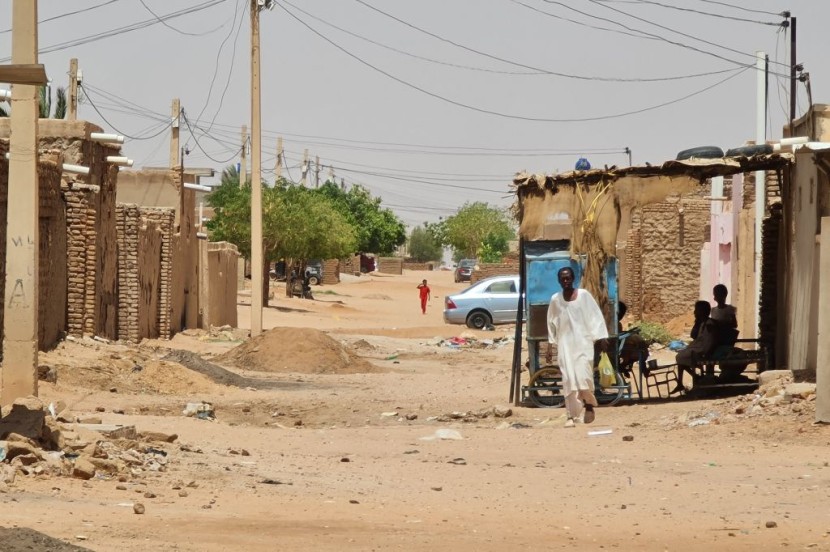The bodies of dozens of persons who were allegedly slain by militias affiliated with Sudanese paramilitary groups have been discovered in a mass grave in West Darfur, according to a statement from the UN on Thursday.
The United Nations has "credible information" to support this. The bodies of 87 persons, some of them are members of the Masalit tribe of ethnic Africans, were deposited in a shallow grave not far from the West Darfur city of Geneina, according to the Human Rights Office.
According to the U.N., the first 37 dead were interred on June 20. The agency stated in a Geneva-based statement. 50 more bodies were dumped at the same location the next day. Those who were buried included seven ladies and seven children, as reported by CBS News.
Since an open battle broke out between the military and the paramilitary Rapid Support Forces on April 15, Sudan has been shaken by bloodshed. The 12-week conflict's focal point has been Darfur, where RSF troops and affiliated Arab militias have been attacking African ethnic communities.
According to rights organizations, the RSF and affiliated Arab militias ravaged the western province, driving hundreds of thousands from their homes. Many of them crossed the border into neighboring Chad. Whole towns and villages in the West Darfur area have been looted and set on fire amid the pillaging.
When ethnic Africans rebelled against the Arab-dominated government in Khartoum in the early 2000s, Darfur was the scene of a horrific war. The former regime of Omar al-Bashir was charged with retaliating by arming local Janjaweed nomadic Arab tribes, who attacked people.
A ceasefire between the two sides was arranged by the United States and Saudi Arabia in May, but it was quickly abandoned after the two countries accused both sides of violating it. Washington imposed sanctions on organizations and people connected to the RSF and Sudan's military forces when the battle resumed.
Read also: Sudan Crisis: Fighting Resumes in Khartoum Shortly After Expiration of 24-Hour Ceasefire
The Sudan War
The war in Sudan is a complex and long-running conflict that has its roots in the country's colonial history. The conflict has caused immense suffering and displacement and has had a devastating impact on the country's economy and infrastructure.

The current war in Sudan began in December 2013, when the Sudanese government, led by President Omar al-Bashir, launched a military offensive against the Sudan People's Liberation Movement-North (SPLM-N), a rebel group that is fighting for greater autonomy for the country's Nuba Mountains region. The conflict has since spread to other parts of Sudan, including Darfur and South Kordofan.
The conflict in Sudan is a major humanitarian crisis. The United Nations has called for an immediate ceasefire and for the parties to the conflict to engage in peace talks. However, the fighting has continued, and there is no sign of a resolution in sight.
Related article: Sudan Violence: WHO Warns of Biological Hazard Risk as Rival Camps Seize National Laboratory








